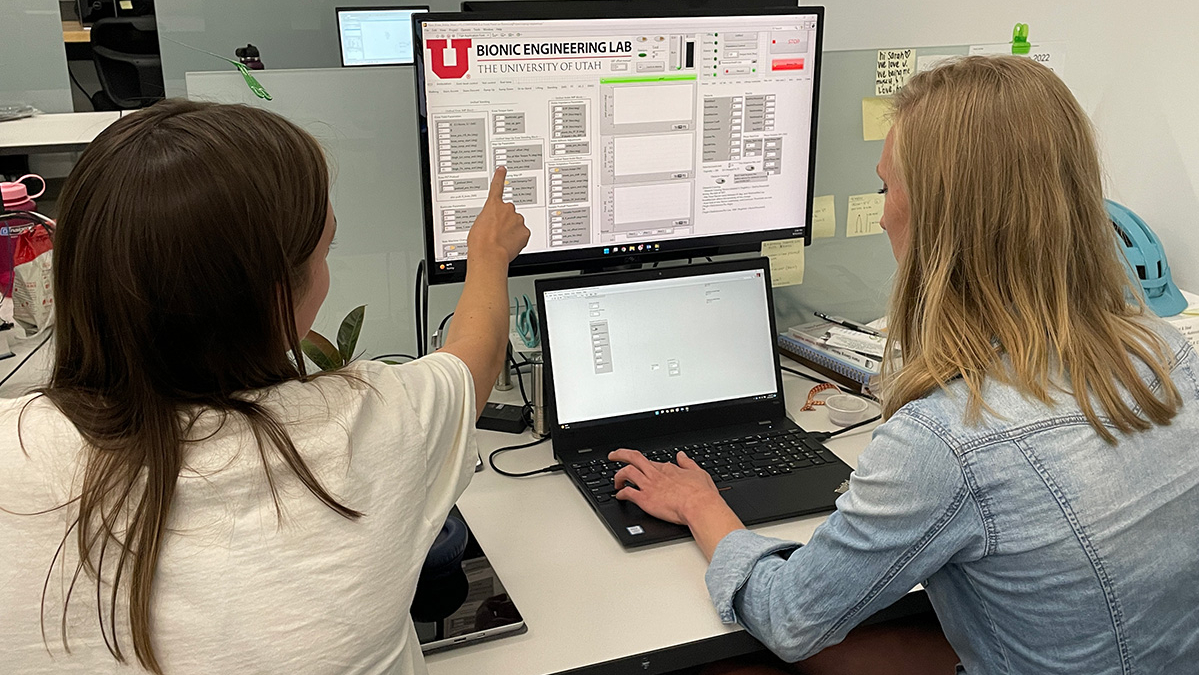Application information
Deadline: May 9, 2025
Approximate Award Date: August 1, 2025
Electronic applications should be emailed
The Rocky Mountain Center for Occupational and Environmental Health (RMCOEH) at the University of Utah invites applications for pilot research project funding in occupational health and safety for the 2025-2026 academic year. This opportunity is open to graduate students, junior investigators, and established researchers exploring new or innovative directions in occupational health and safety. Priority is given to projects with high-impact findings that contribute to workplace safety, generate pilot data for external funding, and lead to peer-reviewed publications. Effective dissemination of results to relevant audiences is strongly encouraged.
Supported by the National Institute for Occupational Safety and Health (NIOSH) and RMCOEH, this program funds projects that must be completed within 12 to 18 months. The goal is to enhance occupational safety and health in workplaces while advancing the objectives of the NIOSH National Occupational Research Agenda (NORA). Researchers with projects that align with these priorities are encouraged to apply.
Additional Information and Application Materials:
Pilot/Small Research Projects Announcement
Application Instructions (ATTACHMENT 1)
Application Deadline: May 9, 2025
Approximate Award Date: August 1, 2025
Electronic applications should be emailed to:
Maureen Murtaugh, PhD, RDN
Director RMCOEH Pilot Projects Research Training Program
Rocky Mountain Center for Occupational and Environmental Health, U. Utah
250 East 200 South, Suite 100
Salt Lake City, Utah 84111
801-585-9216




 © 2026 Rocky Mountain Center for Occupational and Environmental Health
© 2026 Rocky Mountain Center for Occupational and Environmental Health